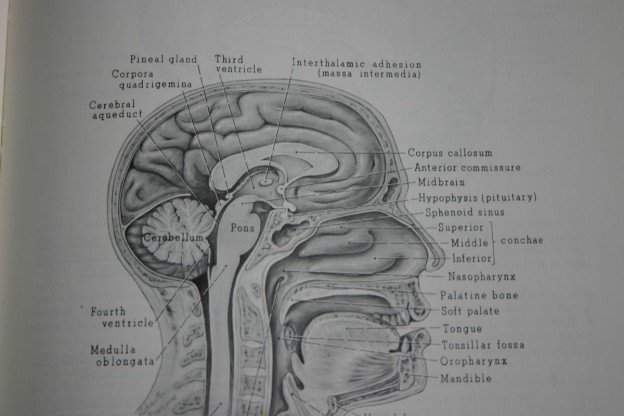 My individual counselor in Bethesda, MD is helping me heal from a traumatic event in my past. Some of what we’re using are mindfulness techniques and body awareness exercises. Is there a helpful book I could read to complement my work in therapy?
My individual counselor in Bethesda, MD is helping me heal from a traumatic event in my past. Some of what we’re using are mindfulness techniques and body awareness exercises. Is there a helpful book I could read to complement my work in therapy?
Trauma is emerging as one of the greatest public health challenges of our generation–it affects not just soldiers and refugees but also our neighbors and children. For our clients seeking individual therapy in Bethesda, MD, we often recommend The Body Keeps the Score, by Dr. Bessel van der Kolk. His more than 30 years of research integrate advances in attachment, body awareness, and brain science to help explain why trauma literally reshapes both brain and body. Here’s a taste of what he has to say about three ways that trauma changes the brain:
First, trauma changes the brain by enhancing the threat perception system making it a fear-driven brain. That is, the fight-or-flight response is enhanced after trauma. While everyone has this part of their brain, someone who has experienced trauma is more likely to see DANGER DANGER where someone else will see manageable triggers.
Second, trauma changes the brain by altering the filtering system. Our brains filter information that comes from our senses into two categories: information to pay attention to and information to ignore. For someone who has experienced trauma, the distinction between what is relevant and what can be dismissed is blurry, resulting in over-processing of stimuli and ordinary situations that are hyper-experienced.
Thrid, trauma changes the brain by blunting the self-sensing system. The physiological experiences of trauma are intense and gut wrenching–terror, heartache, shame–the drive to forget trauma is strong. Yet dampening the body’s ability to feel pain is protective in some ways but destructive in others–healthy feelings of love and connection and safety are also numbed away.
Healing the wounds of trauma in the brain, mind, and body is a profound experience, and takes courage and vulnerability. Finding an experienced therapist whom you trust is an important step. Call Emily Cook Therapy today.
